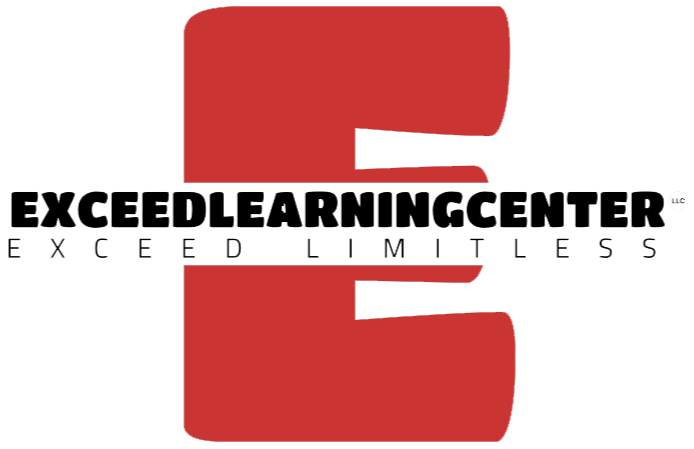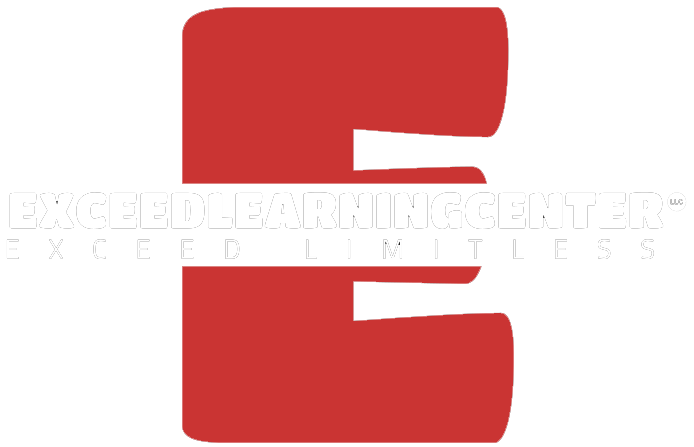Conflict Resolution and Negotiation Skills
Introduction
Conflict can be a common part of many workplaces.
While conflict can encourage change and inspire new ideas and processes, it's important to know how to negotiate during conflicts.
This skill allows you to reach a reasonable outcome among all parties. In this article, we explain what conflict negotiation is, how to negotiate conflicts effectively and what skills you can develop to be a good conflict negotiator.
What is conflict negotiation?
Conflict negotiation refers to the process of resolving conflicts or disputes between two or more parties through communication, compromise, and finding mutually acceptable solutions.
It involves a structured approach to addressing differences and reaching agreements that satisfy the interests and needs of all parties involved.
In conflict negotiation, the goal is not to "win" or defeat the other party, but rather to find a resolution that is fair and beneficial to all. It requires active listening, effective communication, empathy, and a willingness to understand and consider different perspectives.
Conflict negotiation is a process where parties with differing interests or viewpoints work together to reach a mutually acceptable resolution.
It involves communication, compromise, and finding common ground to address and resolve the underlying issues causing the conflict.
Common situations that involve handling conflicts in negotiation include:
Compensation: Whether setting a salary for a new employee or entering a contract with a vendor, finding a mutually acceptable rate often requires negotiating between differing ideas of fair pay.
Common situations that involve handling conflicts in negotiation include:
Disputes between employees: Employees may sometimes encounter conflict about responsibilities or work quality. Resolving these concerns through conflict negotiation is a primary duty of many supervisors and managers.
Common situations that involve handling conflicts in negotiation include:
Disputes between a business and the public: Businesses that serve the public sometimes need to respond to a dissatisfied customer or group of concerned individuals.
Common situations that involve handling conflicts in negotiation include:
Disagreements during collaboration: Project teams could encounter conflict on factors like how to use limited resources or approach a client request
What are the conflict negotiation models?
Integrative negotiation or win-win approach
In this approach, both parties achieve or exceed their goals in a value-creating process.
Both parties look for solutions that benefit each side, integrating the goals into one main approach.
An added benefit of this approach is that it creates a positive connection for future negotiations.
Distributive negotiation or win-lose approach
A distributive negotiation is when only one party can gain benefits.
This type of negotiation is common when there's a limited resource or the team can only try one approach.
Negotiating a specific price for a product is often distributive negotiation, since there can be only one agreed-upon price.
Lose-lose approach
In a lose-lose approach, neither party receives the outcome they wanted.
In some cases, each side negotiates for part of their desired goal, but they don't get everything they expected.
Compromise approach
In the compromise approach, both parties attempt to avoid a lose-lose outcome by acknowledging they could benefit from accepting a result that limits negative consequences.
Key elements of conflict negotiation
- Identifying the underlying issues: Understanding the root causes of the conflict and the needs and interests of each party involved.
- Open and respectful communication: Creating an environment where all parties can express their concerns, needs, and viewpoints without judgment or hostility.
- Exploring options: Brainstorming and considering various solutions that address the interests of all parties involved.
- Compromise and collaboration: Finding common ground and working together to reach a mutually acceptable agreement.
- Implementing and evaluating the agreement: Putting the agreed-upon solution into action and periodically assessing its effectiveness.
Skills needed to negotiate conflicts
Emotional intelligence
Emotional intelligence is the ability to control your own emotions and recognize others' feelings.
Being conscious of the emotional dynamics during conflict negotiation can allow you to remain calm and focused on the core issues.
If you're unsatisfied with the current negotiation, express the need for a break so you and the other party can return later with refreshed perspectives.
Expectation management
Just as you should enter a conflict negotiation with a clear goal, the other party also likely has its own defined expectations.
If you believe you might not be able to agree to each other's terms, you could try adjusting your own expectations.
Skilled expectation management involves maintaining a balance between being a firm negotiator and a collaborative one.
Research
Performing research can help support your claims and start a foundation for your negotiation.
By beginning a negotiation with a fact-driven and open-minded assessment of the issues and sharing useful insights, you and the other party may better understand how the conflict originated and how to solve it.
Empathy
Empathy allows you to understand the other party's perspective and negotiate toward a win-win approach.
This skill is useful for maintaining positive and productive conflict negotiations that produce lasting connections
Strategies for resolving conflicts peacefully
Effective Communication:
Encourage open and honest communication between all parties involved.
Actively listen to each other's perspectives and try to understand their point of view.
Use "I" statements to express your feelings and avoid blaming or accusing language.
Seek clarification and ask questions to ensure clear understanding.
Collaboration and Compromise:
Foster a collaborative mindset where all parties work together to find a mutually acceptable solution.
Brainstorm ideas and explore different options that address the needs and interests of all parties.
Be willing to make concessions and find a middle ground through compromise.
Mediation:
Involve a neutral third party, such as a mediator, to facilitate the resolution process.
The mediator helps guide the conversation, ensures fairness, and helps parties find common ground.
Mediation can be particularly useful when emotions are high or when there is a power imbalance between parties.
Problem-Solving:
Approach the conflict as a problem to be solved rather than a battle to be won.
Identify the underlying issues and focus on finding practical solutions.
Break down the problem into smaller, manageable parts and address them one by one.
Empathy and Understanding:
Try to put yourself in the other person's shoes and understand their perspective.
Show empathy and acknowledge their feelings and concerns.
This can help build rapport and create a more cooperative atmosphere.
Seek Win-Win Solutions:
Look for solutions that benefit all parties involved, rather than a win-lose outcome.
Explore creative options that address the interests and needs of everyone.
This approach promotes cooperation and long-term relationship building.
Recommended Book
Getting to Yes: Negotiating Agreement Without Giving In" by Roger Fisher, William Ury, and Bruce Patton
SHARE THIS POST:
Olga Binyaminov
Founder, Exceed Learning Academy
Together, we can exceed expectations and make the journey of learning a truly remarkable one for your child.
Leave A Comment
Search
Send us a Message
Blog - Website Form
Recent Posts
Quick Links









